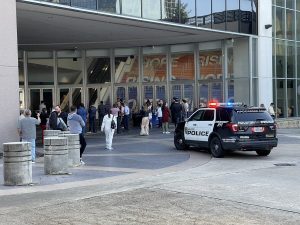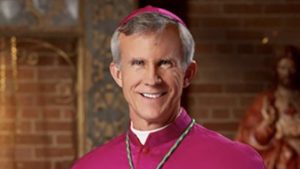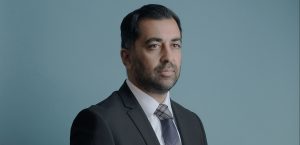Pope Benedict, the 95-year-old former pope who retired from the position nine years ago, has been described by Pope Francis as “very sick” following a decline in his health on Wednesday.
“I want to ask you all for a special prayer for Pope Emeritus Benedict who sustains the Church in his silence. He is very sick,” Francis stated during his general audience at the Vatican on Wednesday.
Also Read | How old is Pope Benedict? Pope Francis says predecessor is ‘very sick,’ asks for prayers
In 2013, Pope Benedict XVI shocked the world by making the almost unprecedented decision to resign from his position.
Why did Pope Benedict resign?
In 2013, Benedict, 95, became the first pope to resign from his position in 600 years, citing advanced age.
The news of Benedict’s resignation was the first resignation of a pope in nearly 600 years. Gregory XII, the last pope to step down before dying, did so in 1415 to put an end to a papal succession dispute within the Catholic Church.
Less than eight years after being elected Pope as Cardinal Joseph Ratzinger, Benedict XVI shocked Catholics all around the world by announcing his resignation at the age of 85 in February 2013.
Also Read | Pope wrote resignation note in case of health impediment
Following allegations in German media that Benedict was unwell, the Vatican stated in 2020 that he had a “painful but not serious condition.”
Two years previously, Benedict stated that “in the slow waning of my physical forces, inwardly I am on a pilgrimage toward Home” in a rare public letter that was published in the Italian newspaper Corriere della Sera.
On April 19, 2005, Pope Benedict, the first German pope in a thousand years, was chosen to succeed the highly adored Pope John Paul II, who reigned for 27 years. When he was selected, he was said to be “a safe pair of hands.”
Also Read | Vatican says retired Pope Emeritus Benedict XVI’s health is “worsening” and Pope Francis went to see him.
Prior to that, Benedict served for 25 years as Cardinal Joseph Ratzinger, the able leader of the Congregation for the Doctrine of the Faith, the Vatican’s doctrinal body.
He is a theological conservative, and he earned the moniker “God’s Rottweiler” for disciplining Latin American priests who espoused Liberation Theology with Marxist overtones.
In the Paul VI hall of the Vatican, Pope Francis was giving a general audience when he looked up from a piece of paper and mentioned Benedict’s failing health.
He then travelled to see Benedict in the Mater Ecclesiae monastery, where he has resided since resigning. Francis disclosed earlier this month that he routinely visited his predecessor.
Also Read | New British Indian Army Memorial to be built in Scotland
The recent investigation of Benedict’s tenure as Archbishop of Munich and Freising, from 1977 to 1982, following the publication in January of a Church-commissioned report into abuse by Catholic clergy there, has cast a shadow over his legacy.
According to the investigation, he was made aware of four instances of sex abuse involving minors, including two that occurred during his time in Munich, but did nothing about them. He also admitted to attending a meeting concerning a predatory priest.
Later, Benedict responded to those accusations by acknowledging his attendance at the meeting but refuting claims that he did so on purpose.







